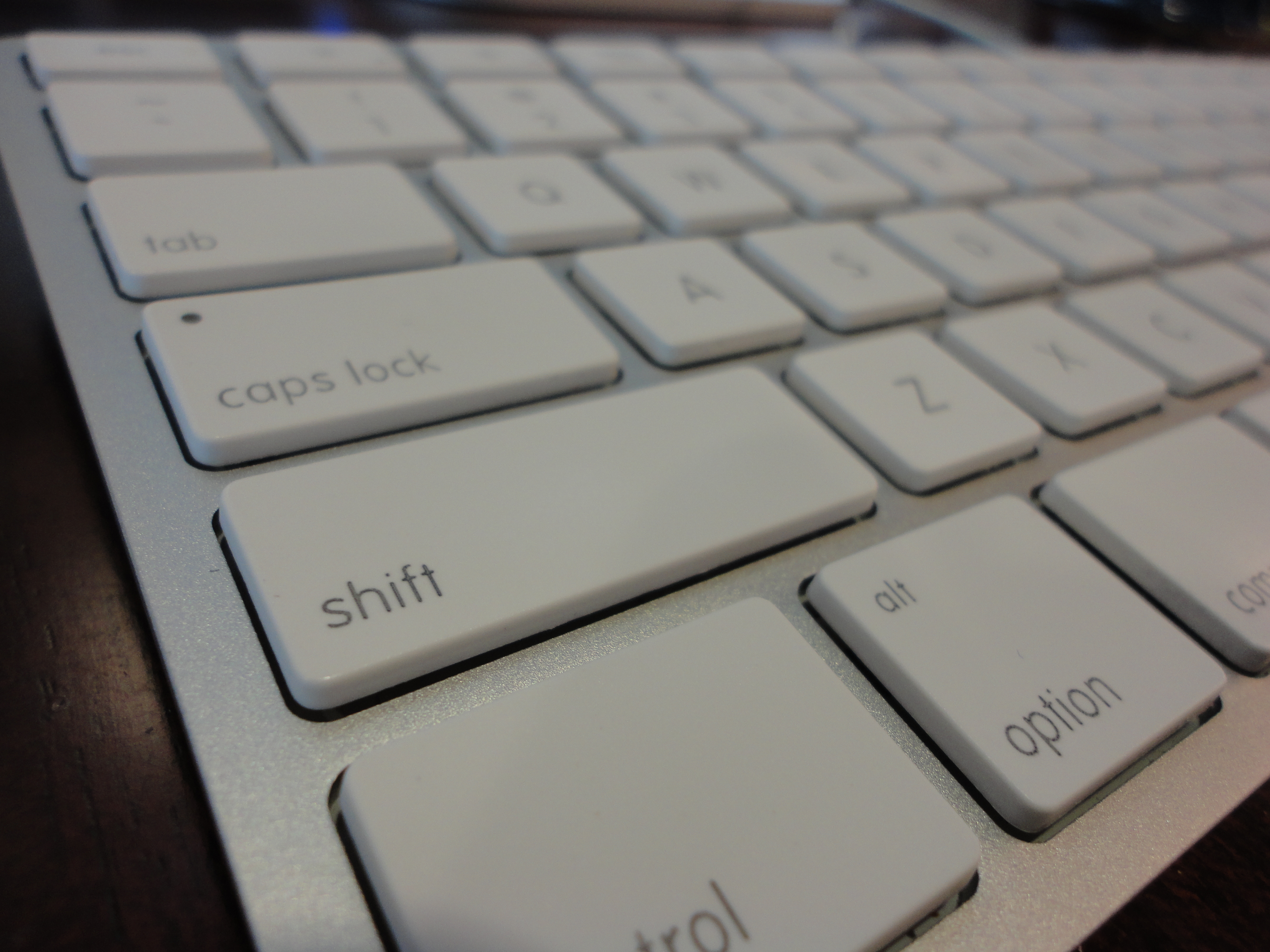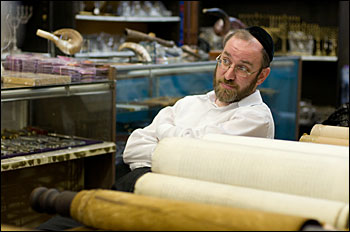 You may have read my “modest proposal for assessing digital biblical studies.” My focus there was on issues relating primarily to promotion and tenure, the coin of the realm for academia, and how we as a discipline can properly assess and present the emerging digital production for P&T committees. Technology is impacting our field in far more ways than simply blogs and online journals. Think about everything from our desire to have free (or affordable) WiFi and digital projectors at the SBL conference to the use of social media and things like Skype for collaboration.
You may have read my “modest proposal for assessing digital biblical studies.” My focus there was on issues relating primarily to promotion and tenure, the coin of the realm for academia, and how we as a discipline can properly assess and present the emerging digital production for P&T committees. Technology is impacting our field in far more ways than simply blogs and online journals. Think about everything from our desire to have free (or affordable) WiFi and digital projectors at the SBL conference to the use of social media and things like Skype for collaboration.
I know a lot of folks in the biblioblogosphere, obviously I immediately think of the usual suspects such as Bob Cargill and James McGrath, to name only two, but I don’t know as many who are working in publishing or libraries. I don’t know many in our fields who are savvy to other areas of emerging technology as related to biblical studies. So I would like your help… I don’t know what I don’t know. I have two questions (feel free to add more):
- What areas of technology do you feel are or will impact our field(s)?
- Who in biblical studies is currently and actively engaging in such areas?





11 thoughts on “Thinking more broadly about technology and biblical studies”
My colleague at Butler University’s Irwin Library, Brad Matthies, has a blog “The Digital Immigrant” which, although not focused on Biblical studies, is very much focused on technology on campus and particularly in relation to libraries.
I decided to share this after I saw Bob Cargill’s post and link, since the first time I read the post, I had the impression that you are specifically interested in people connected with our field. Now I’m not sure, but I figured it can’t hurt to comment! 🙂
Thank you James! By all means I am interested in any and every suggestion!
I am an editor with Wipf and Stock Publishers who used to blog. If you are interested in the sort of things you listed, you ought to talk to Mark Goodacre at Duke and NTGateway, as well as AKM Adam at Glasgow(?) and Disseminary.
Thanks Chris! I have them both on my list. Do you know of any women? Perhaps more folks from outside the US? (Mark is, of course, a Brit living in the US and AMKA is a Yank in Scotland.)
If you can be really specific about what you want (in an email if the specifics might damp the comment thread) I can perhaps suggest some names…
Thanks Tim! I am not trying to be obtuse and perhaps my comments to Adam above help, but as you gathered I had hoped for comments to be as open and broad as possible.
I am trying gather both names of individuals who think often and openly about such issues. If I were to gather together a think tank for IT and biblical studies, whom should I invite? How inclusive can we be, women, folks outside of the US, broad subjects of inquiry? (E.g., We often comment about the apparent lack of women in biblioblogdom. Is there a female scholar who comes to mind in this discussion?)
I also am thinking about the issues I haven’t thought of yet. Technology is now a part of all our lives and work. If we were to try and create a comprehensive list of IT issues to be considered by SBL, our departments, publishers, and so on, what would be on that list?
Does that help at all?
Okay, I see that I’m a (radically) late responder to this post. Nevertheless, I shall proceed. Your questions are at the center of a research project on which I’m currently working. And, though I’m not finished with my work, I do have some helpful information to offer. Regarding your first question, here is a list of major sections in ancient lang/lit studies with ways in which technology is impacting each respective section. Surely there are some that I’ve missed that need be added:
Source Documents
– The archaeological discovery, curation, and preservation of ancient material and documentary artifacts coupled with the advent of 3D scanners, 3D printers, and other electronic tools
– The digitization, transcription, and linguistic annotation of manuscripts
Textual Criticism
– The benefits of computers for the collation, editing, and making of text critical
decisions
Language
– The filtering and analysis of machine readable texts produced by transcription and linguistic annotation
– The interpretation of statistical data produced by the previous process
– Corpus linguistics and digital lexicography
History
– Digitally native mediums for the dissemination of historical research (e.g., interactive ebooks, timelines, blogs, etc.)
– Geographic information systems and their advantages with the rapidly expanding power and resources of computers.
Regarding your second question, the most interesting work I’ve found is Opentext.org (Matt O’Donnell, et al.) and The Scholars Lab at the University of Virginia.
Hello Chris,
I am wondering if the vagueness of the second question is keeping some from participating in this thread? What do you mean by active engagement with technology in biblical studies? Can you provide specific examples of what you are looking for?
Thanks Adam – I was trying to keep it broad (vague) to garner as many comments as possible. The sorts of things I had in mind are people who are
– Doing podcasting
– Online course development
– Open access publishing
– Digital archiving
– Using Academia.edu, Facebook and other social media
– Considering how technology is going to change our field in terms of…everything: publishing, collaboration, promotion and tenure, research, and so on.
Does that help?
That does help. I understand that Brooke Lester does quite a bit of collaborative learning with his students using various technologies. I believe he uses twitter feeds and wikies (what is the plural of wiki?) as part of his pedagogical approach.